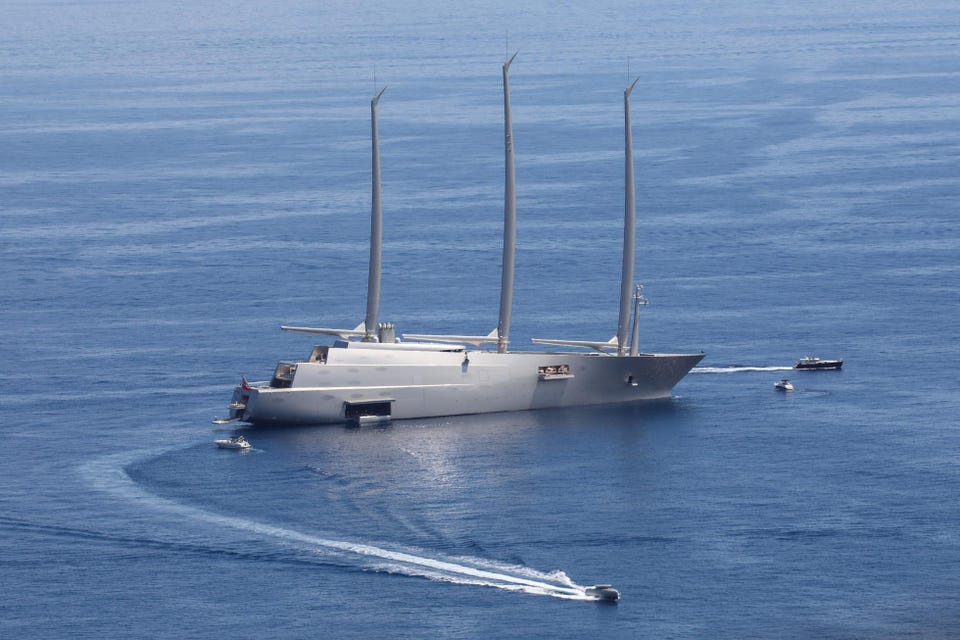
In an era/moment/day when fascism is ascendant, it’s a great time to declare which side you are on.
And while that may seem like an obvious statement of alliance with open society, pro-democracy forces, it’s just as important to note those who continue to declare their allegiance to authoritarian white nationalism:
Richard Donoghue, who took over as acting deputy attorney general after Barr left his job in December 2020, also testified that DOJ officials went so far as to tell the White House that Trump’s efforts to get the Department of Justice to parrot his fraud claims were an attempt to outright corrupt the election.
“I recall towards the end saying, ‘What you’re proposing is nothing less than the United States Justice Department meddling in the outcome of the presidential election,’ ” Donoghue testified.
In spite of the day’s dramatic revelations, it seems likely that House Republicans and the rest of the party will continue to rally around the former president, and even Democratic representatives seemed to acknowledge as much. “It’s a reminder that there was a period of time in the days and weeks after Jan. 6 when everybody who now defends the president, and embraces the lie, understood exactly what had happened and in some cases was apparently ashamed of their role,” Rep. Tom Malinowski said. “It was striking to hear—not surprising, but striking—to hear the former president’s attorney general say, finally, that it was all ‘bullshit.’ ”
Believe people when they tell you who they are, who repeatedly remind you that they don’t care about fair elections, are happy to attack the weak and oppressed, who believe that ‘freedom’ refers to theirs and not yours. There is no light between polite Republican voters and outright fascists, and they are not sorry about that in any way, shape, or form. If they were, we would know by now. Instead they remind us again and again: they are one and the same.
We also should note the enormous cowardice of all these so-called patriots who stormed the capitol – as well as those who egged them on and continue to do so – but when they fail and are called out on it, refuse to stand by their BS principles. Plead innocence, hide and refuse to take responsibility for their own dangerous behavior when faced with any consequences whatsoever. Honor? Dignity? Integrity? Forget it, with these people.
Image: Author photo of ’30’s era public art frieze in the fascist style, Rome.







